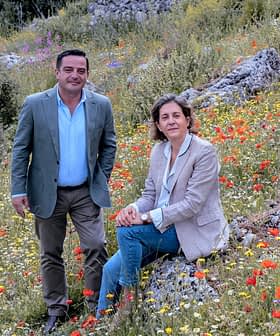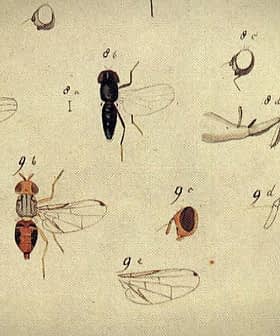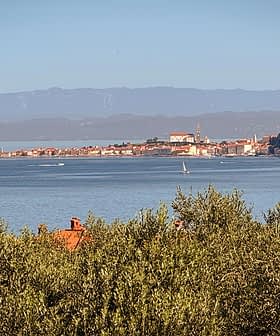World Olive Oil Competition Entries Way Up From Turkey, Croatia, Italy, Greece
The 2021 NYIOOC World Olive Competition received a record 1,171 entries from 28 countries despite challenging harvest conditions and economic hardships caused by the Covid-19 pandemic. Producers from countries like Croatia, Greece, Italy, and Turkey submitted new product variations in record numbers to distinguish their brands in the global marketplace, with factors like good harvests and changing strategies cited as reasons for the increase in entries. The pandemic-induced shift in olive oil consumption trends, along with the desire to stand out in a crowded field and take advantage of the global marketplace, may have also contributed to the spike in submissions to the competition.
Despite a challenging harvest across the Mediterranean basin and the economic hardships brought on by the Covid-19 pandemic, the 2021 NYIOOC World Olive Competition has received a record 1,171 entries from 28 countries, according to the organizers.
Producers from Croatia, Greece, Italy and Turkey signed up in record numbers to compete on the world stage, and many submitted new product variations to distinguish their brands in the global marketplace.
Several factors — from more time spent in the olive groves to good harvests — were cited as reasons more producers decided to submit their oils to the 9th edition of the world’s largest and most prestigious olive oil quality contest.
See Also:World Olive Oil Competition Receives Record Number of EntriesTurkey was among the countries that saw a significant relative increase in entries, with twice as many producers entering the World Olive Oil Competition in 2021 as in 2020.
Turkish producers submitted 91 entries this year, roughly as many entries from the country as in the three previous years combined.
Suzan Kantarcı Savas, an NYIOOC panel member from Turkey, told Olive Oil Times she believes producers’ strategies are changing to adapt to the global marketplace.
“When I talked with producers about the competition five years ago, they didn’t believe [it would be helpful],” she said. “Nowadays, new generations think differently. They want to produce qualified olive oil and they want to share their value with the world.”
Country | 2021 | 2020 | % Change |
|---|---|---|---|
Italy | 260 | 195 | +33 |
Greece | 165 | 126 | +31 |
Spain | 148 | 141 | +1 |
United States | 112 | 120 | -7 |
Croatia | 105 | 60 | +75 |
Turkey | 91 | 43 | +112 |
Portugal | 67 | 52 | +29 |
Tunisia | 58 | 31 | +87 |
France | 31 | 11 | +182 |
Average | +61 |
While this trend has been changing over time, the more immediate explanation for the spike in new entries in this edition of the competition may also be explained by the dramatic shift in olive oil consumption trends.
The pandemic shuttered much of the country’s hospitality sector but increased the demand for individually packaged olive oils for household use. The NYIOOC awards are seen as a way for producers to stand out from a crowded field and exploit the pandemic-borne trend toward authentic products.
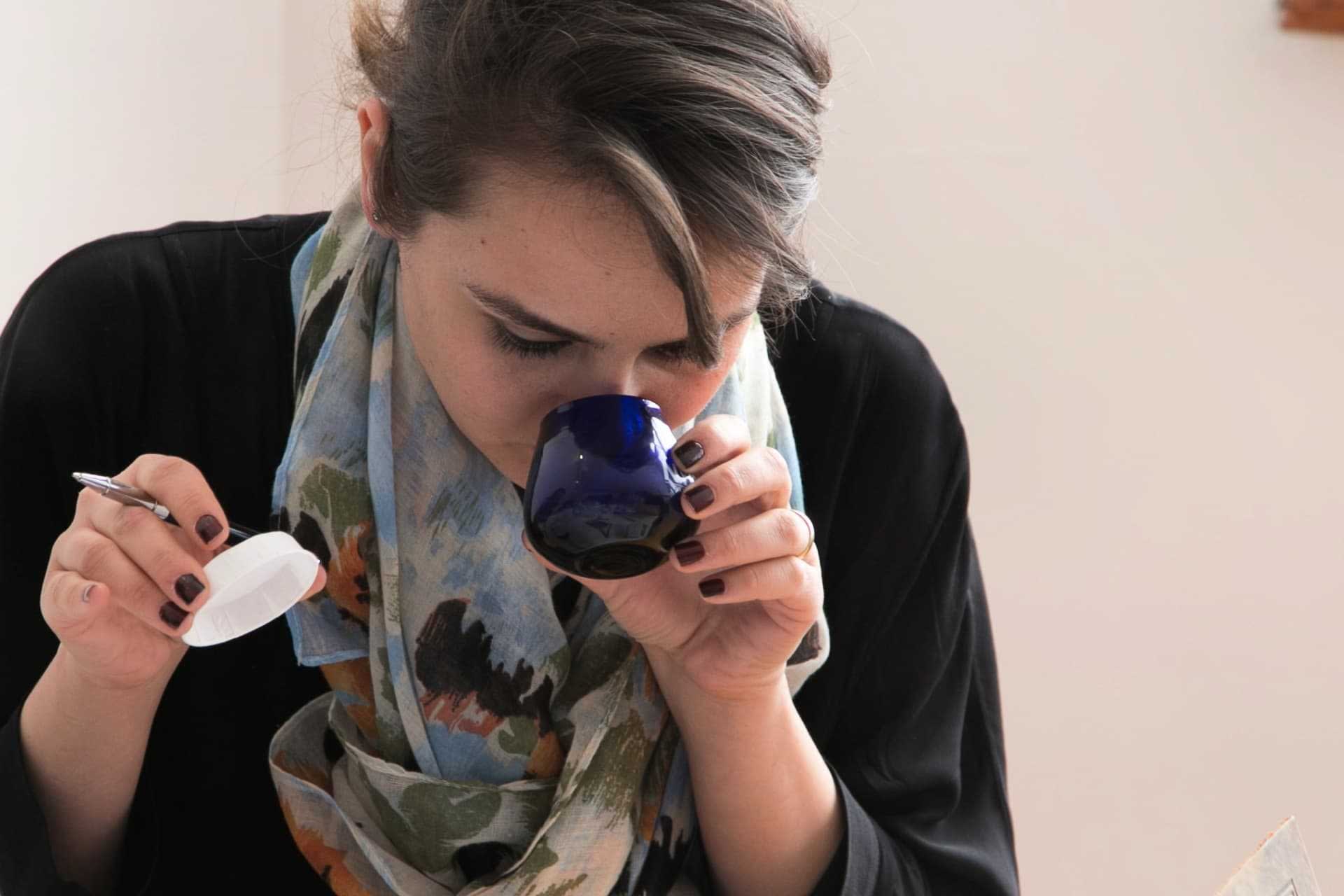
Suzan Kantarci Savas
Kantarcı Savas believes economics also played a role in the jump in entries. Over the past decade, the Turkish lira has steadily depreciated against the dollar and currently sits at its lowest point ever.
A weak lira increases the profitability of individually packaged olive oil exports from Turkey. An award that demonstrates the value of Turkish oils abroad can increase sales and bring hard currency into the country.
Croatian producers also submitted a record-high number of entries to this year’s NYIOOC, sending in 105 samples, 75 percent more than last year’s total.
A combination of olive oil production hitting a four-year high paired with excellent quality reported throughout the country likely contributed to the rise in entries.
However, Karolina Brkić Bubola, a panel leader from Croatia, attributed the increase to smaller producers seeking to stand out on the international stage.
“Small producers cannot compete on the international markets in terms of quantity,” Brkić Bubola told Olive Oil Times. “For Croatian producers, presenting an oil to the NYIOOC is an opportunity to get international recognition of the quality of their extra virgin olive oils, which also brings recognition to the whole of Croatia as a producing country.”
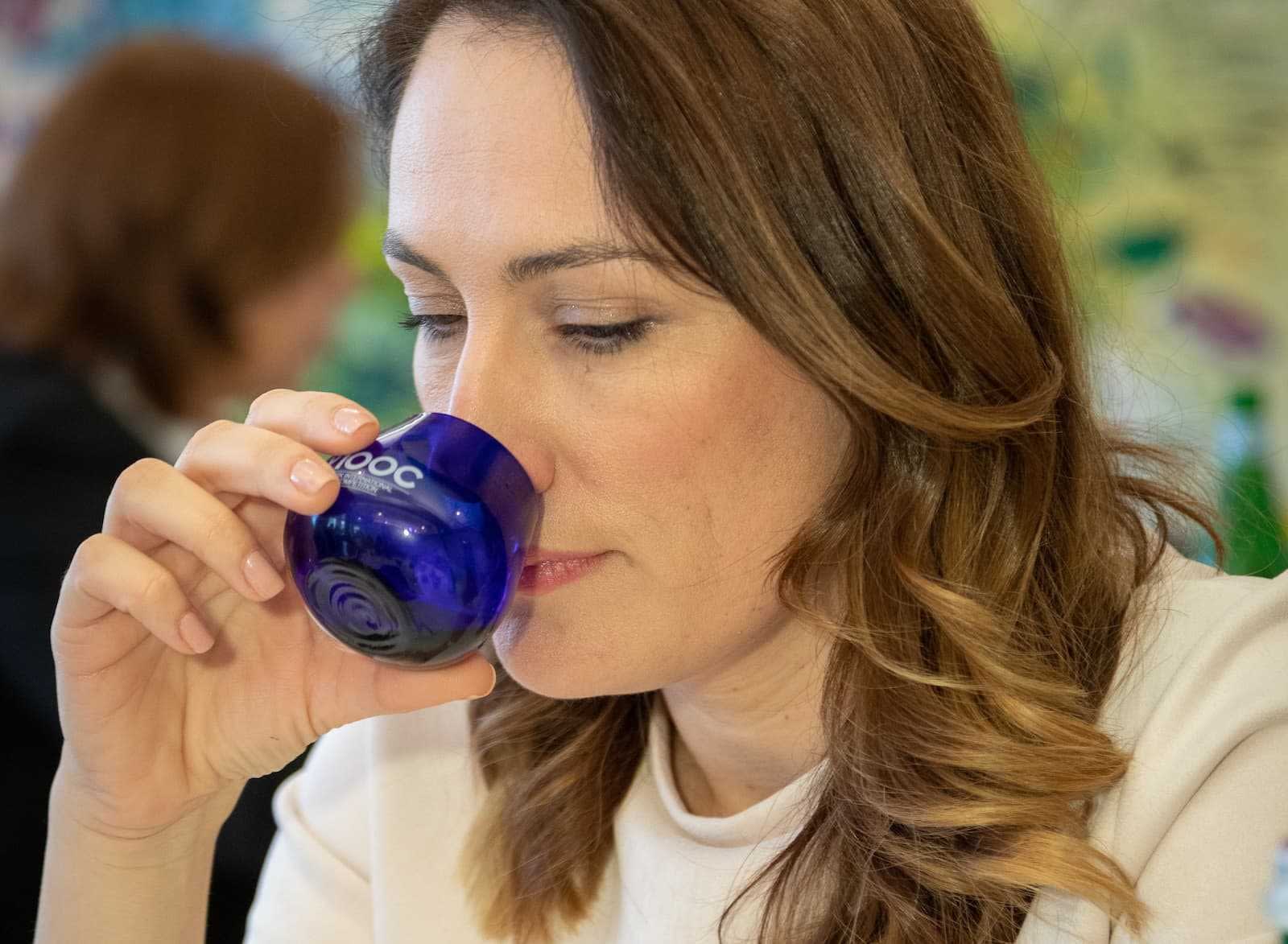
Karolina Brkić Bubola
Along with many other Mediterranean countries impacted by the Covid-19 pandemic, domestic olive oil consumption in Croatia dipped as the restaurant and hospitality sectors closed.
As they did in Turkey, producers are increasingly looking outward to sell olive oils, and the NYIOOC is seen as one of the best ways to raise brand awareness.
“Winning an award in this competition could give producers better visibility in the international market and access to a larger number of online customers interested in their product,” Brkić Bubola said. “In this pandemic situation, [online sales] have become one of the strong tools for presenting their products.”
Antonio G. Lauro, a nine-time NYIOOC panel member and 2021 panel leader, agrees that producers increasingly see awards from olive oil competitions as a way to add value to their products.
“Today, world producers are much more careful and shrewd in identifying the most effective business marketing strategies,” he told Teatro Naturale. “They do not participate randomly in oil events; if anything, they favour participation in occasions whose effectiveness is proven to be a true promotion of their products.”
See Also:Winning in New York Opens Doors, Encourages Innovation Say Producers“Do competitions sell extra virgin olive oil?” he added. “Of course, yes.”
This year, Italian producers submitted 260 entries to the 2021 NYIOOC, the most entries ever from the country.
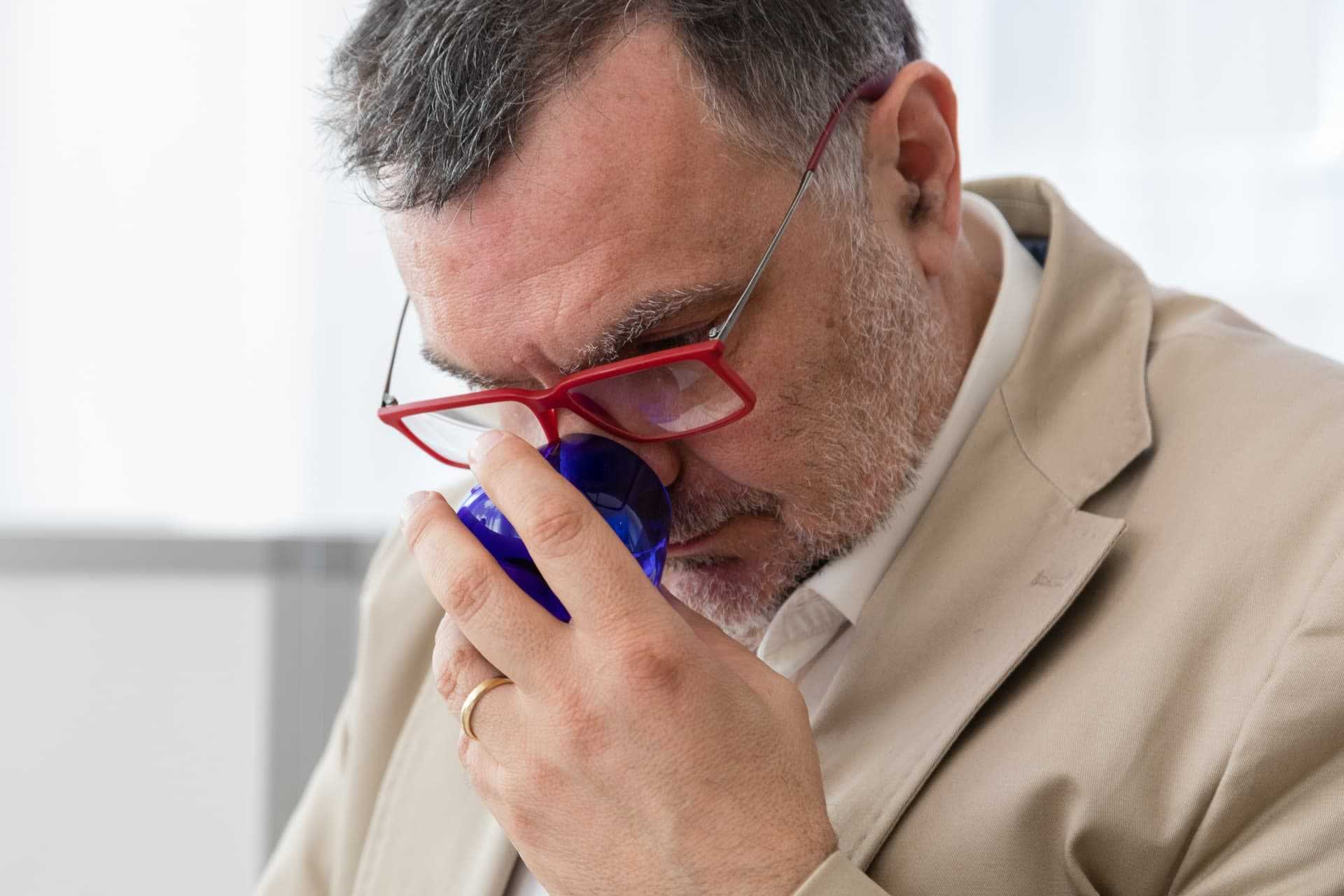
Antonio. G. Lauro
The increase comes despite a relatively poor harvest in the country, which yielded about 255,000 tons, a 30-percent decrease compared with last year’s harvest and a 40-percent decrease compared to the 2017/18 crop year.
Lauro told Olive Oil Times that the increase this year can be linked with the devastating impacts of the Covid-19 pandemic in Italy.
Working in the groves to escape lockdown and increasingly concentrating on quality “was the ‘all-Italian way of responding to times of crisis like this one of the pandemic,” Lauro said. Focussing on olive oil production was a way for Italians to cope with the moment of crisis.
Meanwhile, across the Ionian Sea, Greece also saw an uptick in entries to the NYIOOC. Greek producers have submitted 165 entries to the competition, an increase of 33 percent over last year.
NYIOOC panel leader and strategic consultant Kostas Liris said many Greek producers have opted to seek awards for their oils for similar reasons as their Italian counterparts.
“Everybody was under lockdown; you could only go out for work or to buy the essentials for living,” Liris told Olive Oil Times. “What you could also do was to go to the field to cultivate, and this is what most of the people did.”
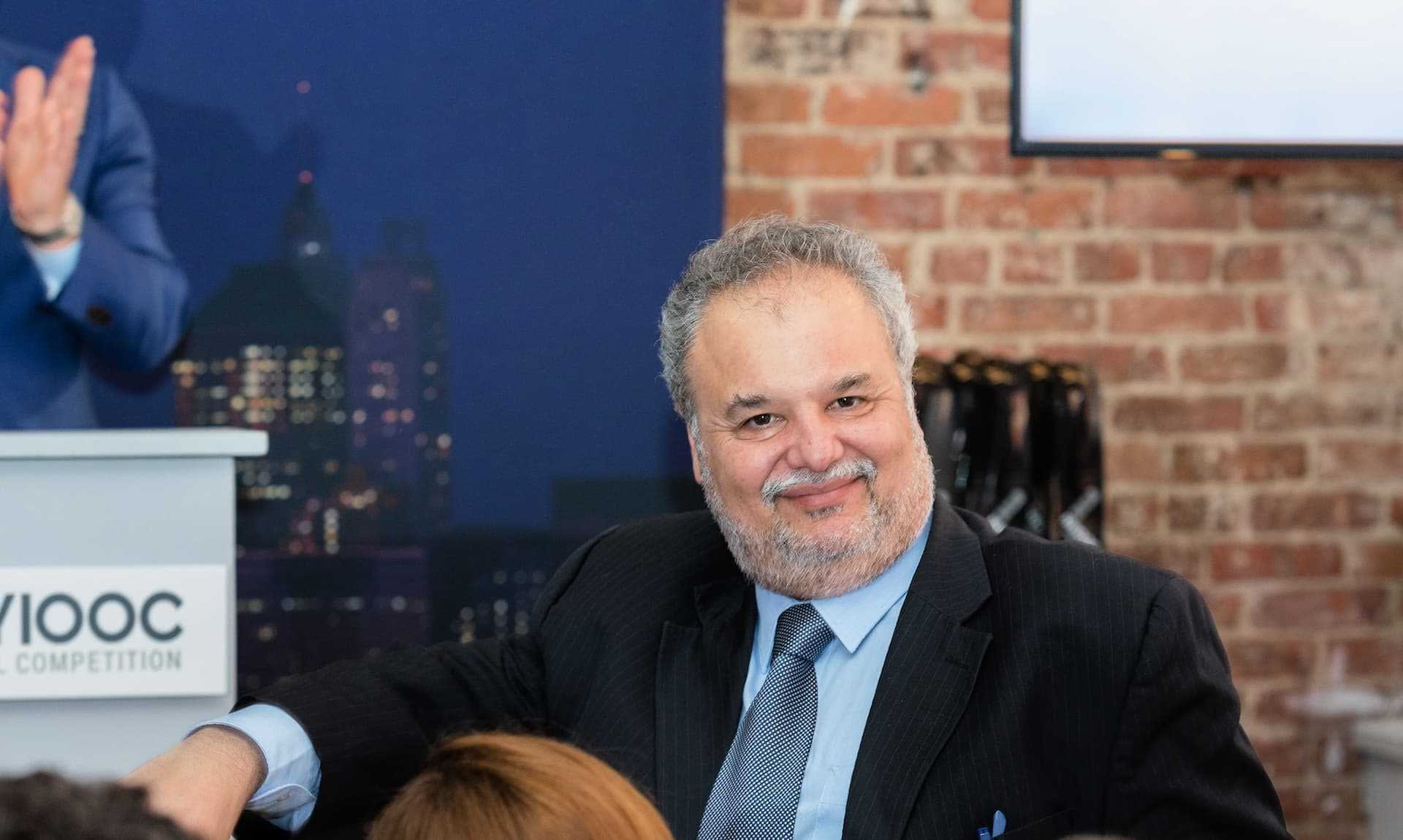
Kostas Liris
“This occupation gave them the opportunity to start thinking in a different way about their production, about their field and about their olive oil,” he added.
Producers from Greece have also reported superior quality harvests this year. Liris said the dramatic increase in webinars and their accessibility to producers likely also helped boost quality.
Producers in Greece have also started to embrace online sales, Liris added, with many established brands selling online for the first time.
“New producers have started bottling, and old producers have discovered the internet sales, but, to succeed, you need to prove that what you are producing deserves the attention of the customer,” he said.
“The NYIOOC is well known as the biggest competition in the world,” Liris said. “Beyond that, it is a competition that adds value all year long.”
“Naturally, producers want to send their product to someone that they trust, and that’s why we have had this increased number of participants in the NYIOOC,” he added.


